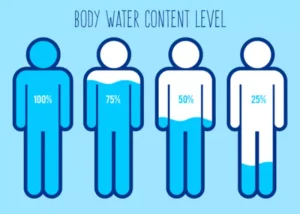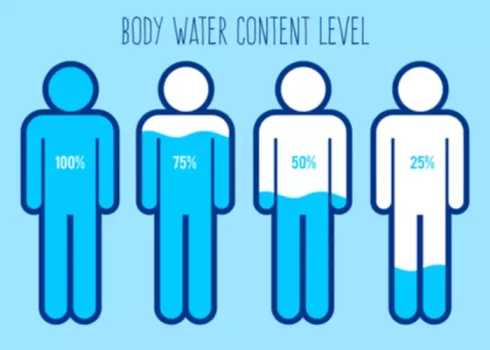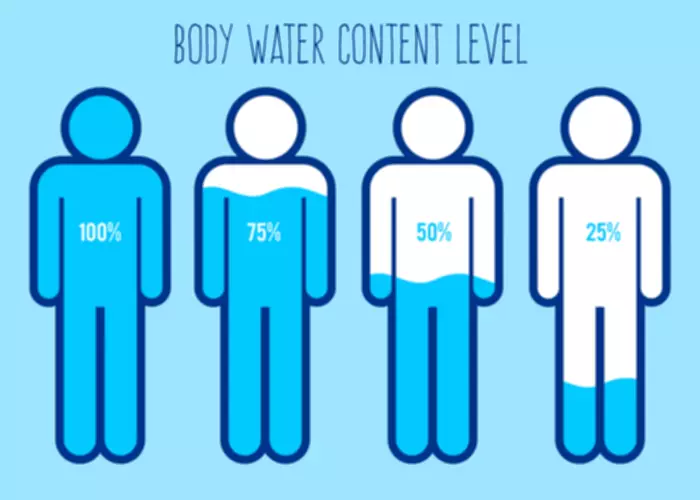
Item no. 1–14 represent engaged coping, item 15–23 represent tolerant coping, and item 24–30 represent withdrawal coping. Some of the often used engaged coping styles included actions such as sitting together and talking about drinking, which was reported to be used often by 93.4% wives. 93.4% of them also reported that their partners drinking was making them upset often. Another 93% of them used pleading their partners for not drinking as engaged coping style. Arguing is also considered to be another form of engaged coping which was used often by 70% wives. The ratings on the tolerant coping revealed that very few wives of alcoholics often used this coping strategy.

When Does Shame Impact Behavior?

You might slowly begin to accept more and more unacceptable behavior. Before you realize it, you can find yourself in a full-blown abusive relationship. You don’t have to create a crisis, but learning detachment will help you allow a crisis—one that may be the only way to create change—to happen. It’s common for someone with AUD to try to blame their drinking on circumstances or others alcoholism and anger around them, including those who are closest to them.
- In west, more of withdrawal coping is prevalent as women are more autonomous and have enough community resources to engage self away from the alcoholic partner while in Indian set up, it is either more of engaged or tolerant coping styles.
- This is the first systematic review of qualitative research on the challenges of addiction-affected families, which has targeted studies over the past 30 years.
- The desired data were carefully extracted and organized in relevant tables.
How to find support for anger and alcohol misuse

They show up as anxiety, depression, substance abuse, stress, anger, and relationship problems. Two studies have been included in this systematic study using a combined method, and the quality assessment was performed only on the results of the qualitative data methodology of these studies. Regarding the quality assessment of the present study, a reviewer-researcher initially assessed the quality of the included studies, and the quality assessment was subsequently confirmed by another reviewer. Each search process in the different databases, the initial review of the found documents, matching with the inclusion and exclusion criteria of the findings, and quality assessment were conducted by two researchers independently to increase validity. In this study, the researchers were committed to being sufficiently accurate and honest in using the different sources in all stages of the work, including data collection, data analysis, and the report of the findings.
- The obtained results were organized in relevant tables and classified into specific groups.
- Some of the often used engaged coping styles included actions such as sitting together and talking about drinking, which was reported to be used often by 93.4% wives.
- Or you might have sensed all the tension just below the surface, like a volcano waiting to erupt.
- Moreover, in Indian society, marital separation owing to drinking problem is still considered more stigmatic than staying in a conflicting discordant relation.
- Various therapies and treatments, however, can help both children and family members deal with and recovery from these impacts.
- It can force you to reject compassion from others or, even, from yourself.
Living with an alcoholic partner: Problems faced and coping strategies used by wives of alcoholic clients
Most of these treatments come from the framework of cognitive behavioral therapy (CBT). CBT is a diverse psychotherapy that focuses on identifying unhelpful thoughts and behaviors and creating new, helpful patterns of thinking and feeling. Another study explored the relationship between Posttraumatic Stress Disorder (PTSD), alcohol use, and violence (Blakey et al., 2018).
Common Roles in Addicted Families

Despite the abundance of research on addiction and its implications for individuals, there is a dearth of comprehensive understanding regarding the distinctive challenges faced by families affected by addiction. In other words, such studies fail to notice the other side of addiction, which is addiction-affected families 16. The present study findings are consistent to the available literature on same; however, the results highlight the role of culture and changing gender implications on their coping styles. The study, however, did not explore the subjective distress and pain the partners of alcoholic clients go through their lives as pure descriptive and cross-sectional assessment were done.
It is not your job to «cure» your loved one’s alcoholism, but allowing natural consequences to occur is one factor that can push a person from the pre-contemplative stage to the contemplative stage of overcoming addiction. Often, in trying to «help,» well-meaning loved ones will actually do something that enables someone dependent on alcohol to continue along their destructive paths. Make sure that you are not doing anything that bolsters their denial or prevents them from facing the natural consequences of their actions. Some children may experience shame in response to interactions that express disgust.

The most important challenge that these families experience at this stage is the challenge of getting help 36, because they generally pose an unwillingness to access formal and informal support available in the society 31. This action of the families is taken due to the defense mechanism of secrecy. Families somehow prefer to respond to the problem on their own in any way possible in order to avoid the possibility of judgment 31, stigma 34, and being labeled, so that they can avoid social discrimination against the family 24. What is expected to be noticed by policymakers and service providers is to eliminate the misconceptions about addiction-affected families. Support groups should compile and implement effective measures to adjust and finally remove the effects of social stigma.
